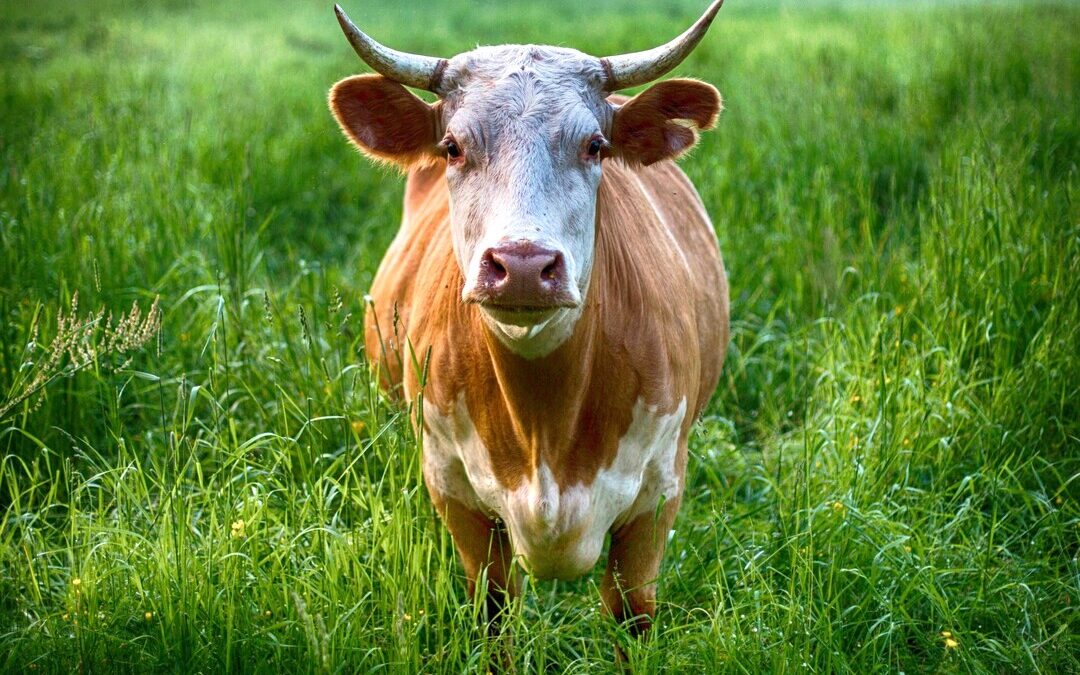Government Pushes for Sustainable Fodder Solutions Amid Wasteland Potential
India explores tech-driven fodder solutions to combat the green fodder deficit and boost livestock productivity nationwide.
Union Minister for Fisheries, Animal Husbandry and Dairying Rajiv Ranjan Singh on Saturday called for intensified technology use to tackle the country’s persistent green fodder shortage, emphasizing the role of innovation in boosting livestock productivity.
Speaking during a visit to the Indian Grassland and Fodder Research Institute in Jhansi, Singh warned that India’s 11 percent green fodder deficit could worsen without focused, tech-driven interventions. He highlighted the country’s untapped potential in nearly 100 million hectares of wastelands and 11.5 million hectares of grasslands, which could be mobilized to enhance fodder availability.
“Efficient utilization of these underused resources is essential for achieving fodder self-reliance and improving livestock productivity,” Singh said after reviewing research exhibits and meeting with scientists at the IGFRI campus.
Climate-Tolerant Grasses and Drone Tech Showcased
The minister praised the institute’s work on developing resilient perennial grasses and urged faster dissemination of its technologies through Krishi Vigyan Kendras nationwide.
He also stressed the importance of deploying climate-tolerant grasses to rejuvenate degraded lands and ensure year-round green fodder supply.
Singh said the government is committed to building a resilient livestock sector, anchored in scientific innovation and cooperative governance, to achieve self-sufficiency in agriculture and animal husbandry.
During the visit, the minister reviewed key technologies, including livestock-based integrated farming systems, apomictic breeding for perennial grasses, and the use of drones for seed pellet dispersal in grassland rejuvenation.
Other innovations featured included specialized fodder machinery and seed certification systems to ensure quality forage production.
States Urged to Align with National Fodder Mission
Secretary of the Department of Animal Husbandry and Dairying, Alka Upadhyaya, who accompanied the minister, emphasized the importance of state-level convergence for scaling localized fodder solutions.
She cited Kerala’s efforts to integrate fodder cultivation within coconut plantations as a replicable model and announced a joint meeting in the state on April 8 to advance such collaborations.
Singh also encouraged IGFRI to strengthen its role as a national hub for fodder research and innovation, positioning itself at the forefront of efforts to address India’s fodder and grassland challenges.

